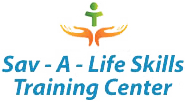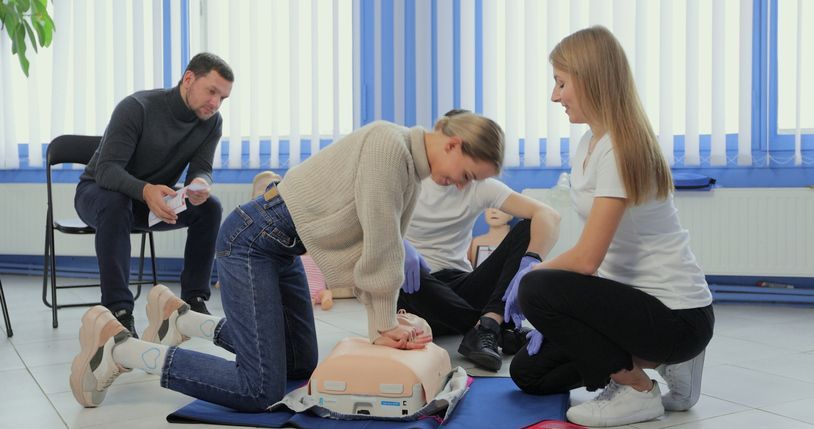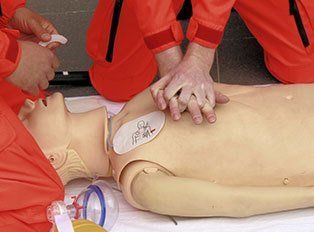Why Ongoing Training is Essential for Health Care Providers
Why Ongoing Training is Essential for Health Care Providers
You spent years earning your medical credentials, but the moment you received them, your learning journey had only just begun. In health care, standing still means falling behind – and when lives are at stake, that's simply not an option.
The medical field changes at lightning speed. New treatments emerge, regulations shift, and best practices evolve constantly. For health care providers, ongoing training isn't just helpful – it's absolutely essential. This post explores why continuous education should be a priority for every medical professional and how it directly impacts patient outcomes, compliance, and workplace safety
.
Why Continuous Training Matters
Medical knowledge now doubles every few months, meaning professionals must keep up or risk falling behind. Ongoing training ensures providers use the most current protocols, which improves patient outcomes and reduces errors. Patient safety is directly tied to up-to-date knowledge, from the latest treatment guidelines to new technology skills. Well-trained teams also communicate better and work more effectively in emergencies.
Compliance and Workplace Safety
Health care is highly regulated. Regular training helps providers and organizations stay compliant with changing rules from agencies like OSHA and The Joint Commission, avoiding penalties and maintaining licenses. Training in areas such as infection control, CPR, first aid, and workplace violence prevention is critical for a safe work environment for both staff and patients.
Building Skills and Confidence
Ongoing education keeps skills sharp and builds confidence, leading to better care and less stress for providers. It also fosters teamwork and career advancement opportunities by ensuring staff remain qualified and adaptable.
Make Training a Priority
With technology making training more accessible—through online modules and simulation apps—there are fewer barriers than ever. Both individuals and organizations should prioritize ongoing education to boost patient care, stay compliant, and create safer workplaces.
Take Action Today
Don't wait for your next license renewal deadline to think about training. Start by assessing your current skills and identifying areas for improvement. Look for upcoming training opportunities in your specialty area or consider pursuing new certifications that align with your career goals. If you're in a leadership role, evaluate your organization's training programs. Are you providing adequate opportunities for staff development? Do you have systems in place to track training compliance and measure effectiveness?
The health care field's rapid pace of change makes ongoing training more important than ever. Make the commitment to continuous learning – your patients, your colleagues, and your career will all benefit from the investment. Ready to prioritize training for yourself or your team? Contact SAV-A-LIFE Skills Training Center to learn about upcoming opportunities. Your commitment to ongoing education today will pay dividends throughout your career in health care.






